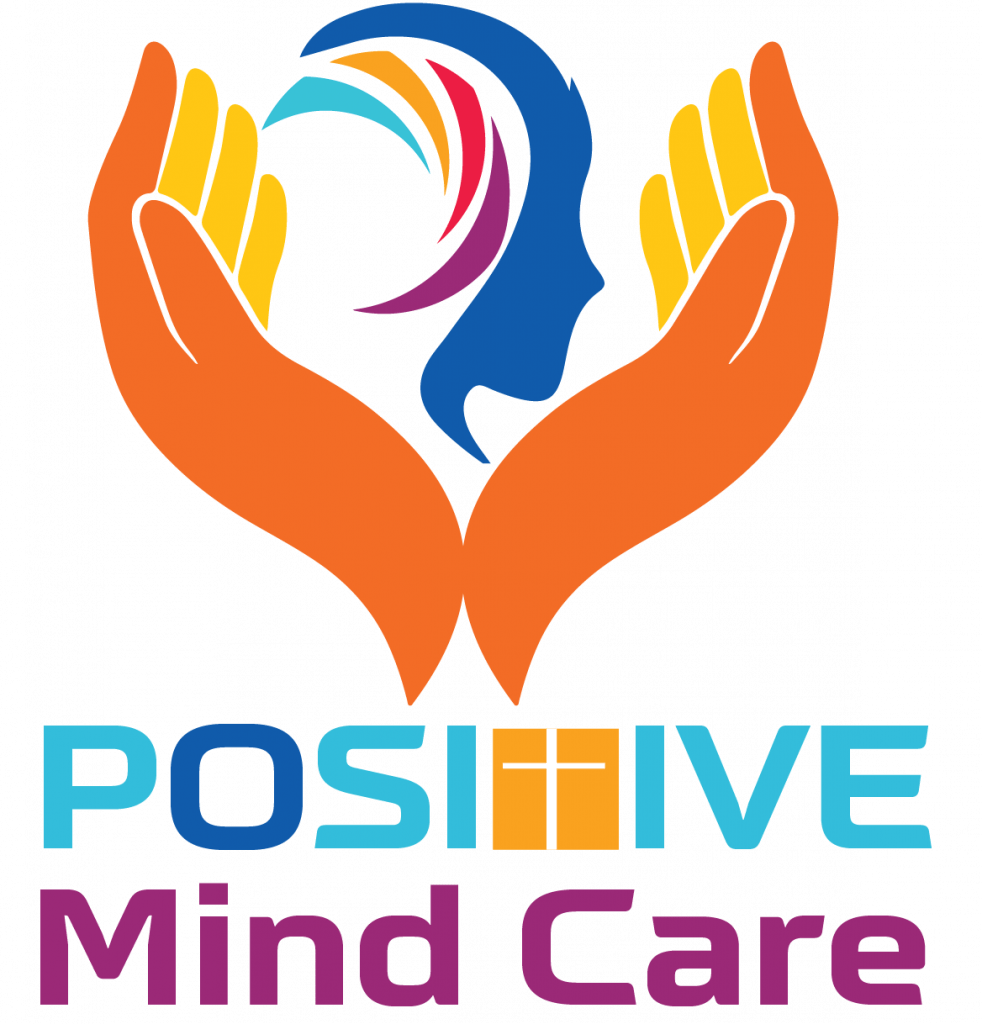Obsessive-Compulsive Disorder (OCD) is a challenging mental health condition characterized by intrusive thoughts (obsessions) and repetitive behaviors or rituals (compulsions). These obsessions and compulsions can significantly interfere with daily life and cause distress. Positive Mind Care is committed to providing compassionate support for individuals struggling with OCD by helping them understand common triggers and compulsions associated with the disorder. In this blog, we’ll explore the intricate nature of OCD and how Positive Mind Care assists individuals in managing their symptoms effectively.
Understanding Obsessions and Compulsions:
Positive Mind Care recognizes that OCD manifests differently in each individual, but common obsessions and compulsions include:
Contamination Obsessions: Fear of germs, dirt, or contamination, leading to excessive handwashing, cleaning, or avoidance of certain objects or environments.
Symmetry and Orderliness Obsessions: Preoccupation with symmetry, exactness, or orderliness, resulting in repetitive arranging, counting, or aligning objects in a specific way.
Fear of Harm Obsessions: Persistent fears of causing harm to oneself or others, leading to rituals such as checking, reassurance-seeking, or avoidance behaviors.
Intrusive Thoughts: Disturbing or unwanted thoughts or images that cause significant distress, such as violent or sexual thoughts, religious or blasphemous thoughts, or fears of losing control.
Hoarding: Difficulty discarding possessions, resulting in cluttered living spaces and excessive accumulation of items, even if they hold little or no value.
Exploring Common Triggers:
Positive Mind Care emphasizes the importance of identifying common triggers that exacerbate OCD symptoms. Some common triggers may include:
Stress: Stressful life events or transitions can trigger or exacerbate OCD symptoms. Pressure at work, relationship conflicts, or financial worries may increase obsessive thoughts and compulsive behaviors.
Changes in Routine: Disruptions to one’s routine or environment, such as moving to a new home, starting a new job, or traveling, can trigger anxiety and OCD symptoms.
Environmental Triggers: Certain environments or situations may trigger obsessions or compulsions. For example, being in a crowded or dirty space may trigger contamination fears, while situations involving sharp objects may trigger fears of harm.
Emotional Triggers: Strong emotions such as anxiety, guilt, or shame can exacerbate OCD symptoms. Stressful or emotionally charged situations may increase the frequency or intensity of obsessions and compulsions.
Positive Mind Care’s Approach to OCD Management:
Positive Mind Care adopts a comprehensive approach to OCD management, focusing on psychoeducation, cognitive-behavioral therapy (CBT), and exposure and response prevention (ERP) techniques. By helping individuals understand their triggers and develop coping strategies, Positive Mind Care empowers them to manage their OCD symptoms more effectively and improve their overall quality of life.
Conclusion:
OCD can be a debilitating condition, but with the right support and intervention, individuals can learn to manage their symptoms and regain control over their lives. Positive Mind Care is dedicated to providing compassionate care for individuals struggling with OCD, helping them navigate common triggers and compulsions associated with the disorder. If you or someone you know is living with OCD, consider reaching out to Positive Mind Care for personalized support and guidance on the journey towards recovery.



